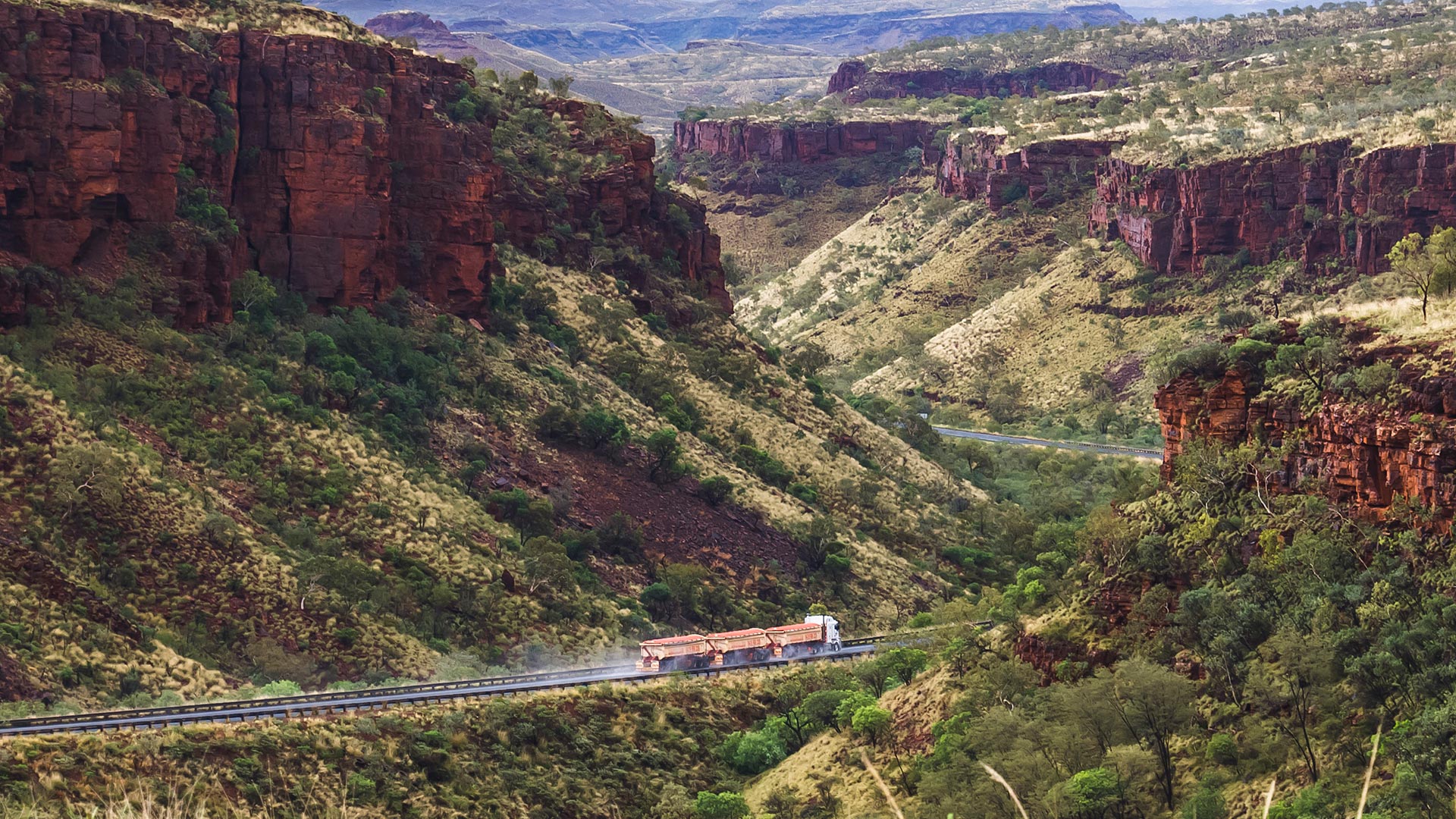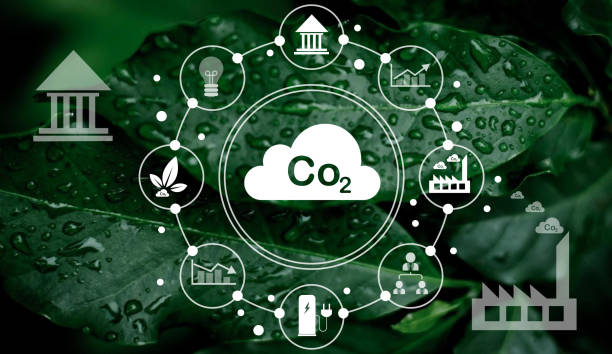Western Australia must not fall behind in the global push for renewable energy, with urgent action needed by State and Federal Governments to maximise the opportunity for the state’s world-leading critical minerals sector.
In releasing its Critical Minerals Position Paper today, the Chamber of Minerals and Energy of Western Australia (CME) has outlined the specific opportunities for Western Australia as well as the challenges we face and how they could be addressed, as demand for critical minerals continues to surge in the race to decarbonisation.
CME Chief Executive Officer Rebecca Tomkinson said policy makers in Australia had a crucial role to play in positioning the nation’s critical mineral assets, the vast majority of which are hosted right here in Western Australia, to play a key role in the global clean energy transition.
“Right now is the time to capitalise on the opportunities in front of us,” she said.
“The prospect of a rapid rise in demand for critical minerals poses questions about supply, with bodies like the International Energy Agency saying we are going to need a whole lot more mining of these commodities to support the deployment of solar panels, wind turbines and electric vehicles needed to meet the targets set by the Paris Agreement.
“Recent global trade disruptions and geopolitical tensions have led to deeper considerations around supply chain sovereignty. We are now seeing bilateral and multilateral trade frameworks aimed at diversifying supply sources of critical minerals and associated inputs to the advanced manufacturing process.”
Ms Tomkinson said to capitalise on the shared critical minerals ambitions of the state and the Commonwealth, policy efforts should be focused on areas of WA’s competitive strength as a tier-1 mining jurisdiction.
“Western Australia is already a world leading jurisdiction for the upstream production of critical and battery minerals globally, a factor that will continue to increase in importance to our nation’s trade partners,” she said.
“But Australia is a high-cost environment by international comparison, and State and Federal policy initiatives supporting the further development of the sector fall short of the scale on offer in jurisdictions such as Europe and the United States of America.
“Globally, the investment landscape is competitive and within Australia, regulatory uncertainty, delays and costs associated with project development continue to weigh on the viability of critical mineral operations – from new project development to expansion of existing assets.
“WA-based critical minerals producers, alongside the broader industry, are also under pressure to rapidly decarbonise their mining, processing and refining activities, which will in turn require access to clean sources of energy at an unprecedented scale.”
CME has made a series of recommendations for government to address these challenges and accelerate the development and enhancement of our critical minerals capabilities, including:
- Active facilitation to drive critical minerals projects that are in the national interest;
- Action by Government to identify and communicate market opportunities flowing from the incentives and legislation in other jurisdictions;
- Addressing cost competitiveness for capital investments through measures such as grants and tax incentives;
- Establishing regional clean energy hubs and transmission infrastructure to support decarbonisation of critical minerals projects; and
- Maintaining a focus on our areas of competitive strength and ensure policies recognise the importance of upstream supply to our downstream ambitions.
Ms Tomkinson said there was an enormous opportunity for WA to have a world-leading, sustainable, value-adding critical minerals sector, but the window to capitalise on global critical minerals demands to unlock the state’s potential as a major participant in the supply chain was narrow.
“WA is already a critical minerals powerhouse; we host almost all the commodities on Australia’s critical minerals list, as well as others that will support the global energy transition, but it is clear that several challenges remain and success is not guaranteed,” she said.
“To capitalise on the potential share of economic value to be captured domestically, a continued commitment to both sustainable, competitive upstream raw materials production and downstream processing infrastructure is crucial.
“CME and its member companies are applying urgency and collaboration in their partnership with governments and key stakeholders to ensure that Western Australia remains an attractive investment jurisdiction that fosters the ongoing expansion of the critical minerals sector that is crucial for our achievement of net zero targets.
“The pathway to net zero goes straight through Western Australia.
“Collaboration between all tiers of government is needed to address project development bottlenecks, enhance our state’s attractiveness as an investment destination, and fully realise WA’s potential in the global critical minerals supply chain.”
The Critical Minerals Position Paper can be found on the website here.
Media contact: Fraser Beattie
0421 505 557
f.beattie@cmewa.com





